
The 1980s saw an explosion of technology, pop culture and capitalism across the world. Countries that had previously been considered “Third World” countries now wanted in on the economic and social freedom of the “West”. Global issue were brought to the forefront of public attention, as the AIDS epidemic, new concerns about global warming, and the economic crises of developing countries were covered more and more by the media.
The Cold War, between The United States and The Soviet Union ended in 1989. On November 9th, The Berlin Wall, which had separated the Soviet controlled and free halves of Berlin since 1961, was torn down.
New genetic technology sparked controversy in the 1980s, as experiments in genetic manipulation, reproductive surrogacy, and genetic selection were performed. Also, personal computers and video games became less of a hobbyist industry, and more a part of everyday life. The latter half of the ‘eighties saw early stages in the development of the internet.
Science Fiction:
Literature-

In 1980, Gregory Benford, aided greatly by his sister-in-law Hilary Foister, published Timescape, in which scientists in the future (1998), send a message back in time to the 1960s in attempt to avert ecological and social disaster. It is regarded highly for its ability to incorporate strong character development into a hard science fiction story, and received the John W. Campbell Award in 1981.
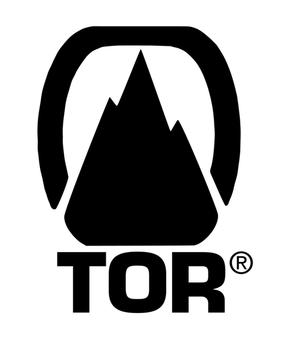
Also in 1980, Tor Books, an important science fiction publishing company, was founded by Tom Doherty.

William Gibson is an author known for his striking reflections on “space age” science fiction. His short story “The Gernsback Continuum”, published in 1981, tells the story of a photographer who begins to get glimpses into an alternate future as he takes pictures of run-down retrofuturistic architecture. The title references early sci-fi magazine founder, Hugo Gernsback.

In 1983, Octavia Butler published the short story, “Speech Sounds”, which takes place in a post apocalyptic Los Angeles, in which humans have lost the ability to read, speak, or write. The next year, Gardner Dozois edited the first ever “Year’s Best Science Fiction” anthology.
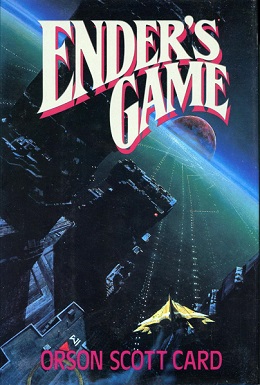
1985 was the release year for what may likely be Orson Scott Card’s most popular work, Ender’s Game. This Hugo and Nebula winning best-seller is a military sci-fi story about children, warfare, and a game that is more than just a game.
Movies-
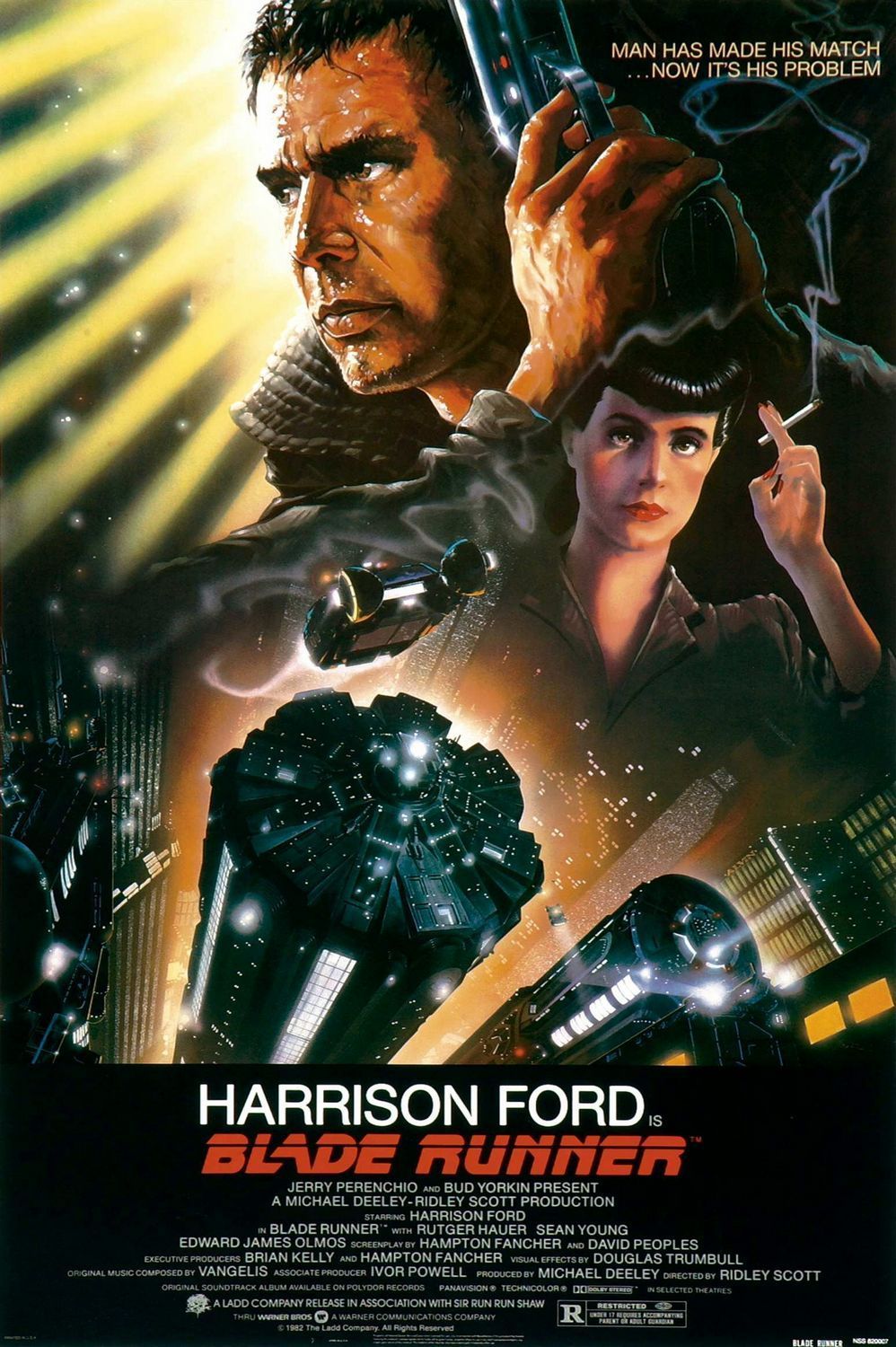
Blade Runner, which came out in theatres in 1982, was an adaptation of Philip K. Dick’s early cyberpunk short story, “Do Androids Dream of Electric Sheep”. It starred Harrison Ford, who was also working on the Star Wars and Indiana Jones franchises.
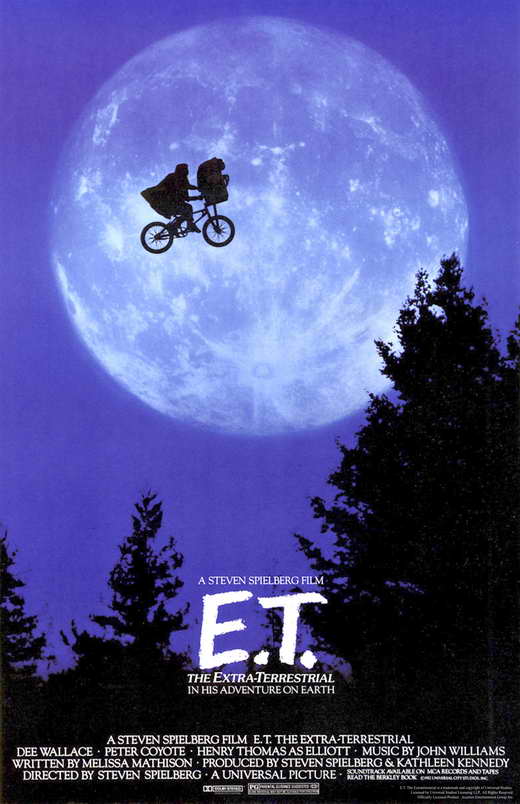
The same year, E.T. The Extra Terrestrial was released by director Steven Spielberg. It was a feel-good family movie about a young boy’s friendship with a displaced alien searching for home.
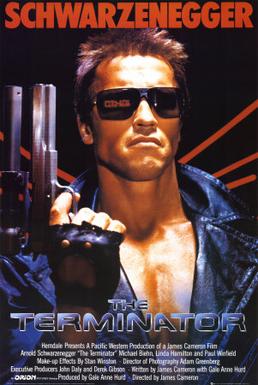
The Terminator came out in 1984. It starred Arnold Schwarzenegger as a time-traveling robot assassin, and a surprisingly complex sci-fi plot for an action-oriented film.
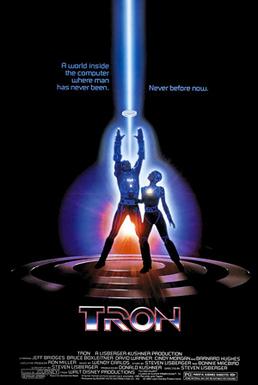
Tron was a story about the inner-workings of a computer program before the general public knew much about computers. Therefore, this 1982 cult-classic by director Steven Lisberger wasn’t recognized as the clever work of art until much later. Tron has gained more popularity recently, and was even given a sequel, Tron: Legacy, in 2010.

After the box-office success that was Star Trek: The Motion Picture, Harve Bennett and Nicholas Meyer were brought onboard the Star Trek crew to create a movie that would be more appealing to fans than the slow-paced first installment. The result was Star Trek II: The Wrath of Khan- a literary and emotional film that brought back a favorite villain from the original television series, and is widely considered to be the best Star Trek movie. The franchise could not be left in the dire straits Meyer and Bennett had placed it in, though, so the film series continued, with Star Trek III: The Search for Spock in 1984, IV: The Voyage Home in 1986, and V: The Final Frontier in 1989.

Star Wars was a “force” to be reckoned with in the early 1980s, as the uber-popular series cranked out two more episodes in the first few years of the decade. The sequel The Empire Strikes Back came out in 1980, and its cliff-hanger ending was resolved in Return of the Jedi in 1983.
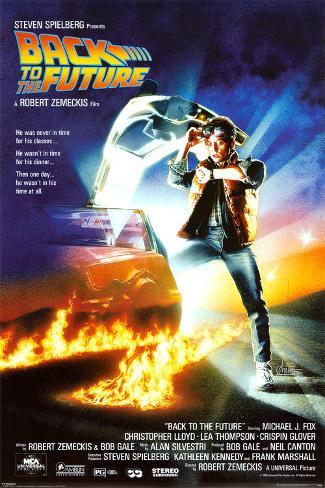
The Back to the Future trilogy began in 1985 with a loving parody of 1980s culture, 1950s culture, and time travel tropes. The series continued with two more installments in 1989 and 1990 that explored the “future” (2015), alternate dimensions, and the Old West.
Television-
In 1981, The Greatest American Hero premiered, starring William Katt as hapless schoolteacher Ralph Hinkley, who is given a super-powered suit by aliens, then proceeds to lose the instruction manual. This comedic superhero drama lasted for three seasons.
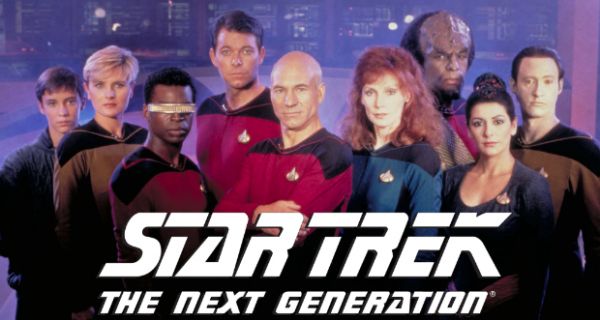
Star Trek got its first live action spin off in 1987, when the Enterprise-D was launched in The Next Generation. It starred a completely different crew, captained by Patrick Stewart as Jean-Luc Picard, and was set in a later period of Starfleet history. Its iconic characters and thought provoking plots have gained it almost as much notoriety as the original Star Trek, and sparked the age-old nerd question: Who is the better captain, Kirk or Picard?

Joel Hodgson pioneered a new concept in science fiction television with Mystery Science Theater 3000, which started on local station KTMA in Minnesota in 1988. It was picked up by Comedy Central, and later The Sci Fi Channel. The premise of the show is that a man was launched into space by mad scientists and forced to watched bad movies as part of a devious experiment. Joel, his successor Mike, and their robot-puppet friends riffed their way through 198 of cinema’s worst movies in the 11 year run of the show.

Quantum Leap is an American cult classic time travel show that first aired in 1989. It starred Scott Bakula as Sam Beckett, a scientist who leaps through time into the lives of figures who lived and died within his own lifetime.
Keep on glowing in the dark,
Elora
No comments:
Post a Comment